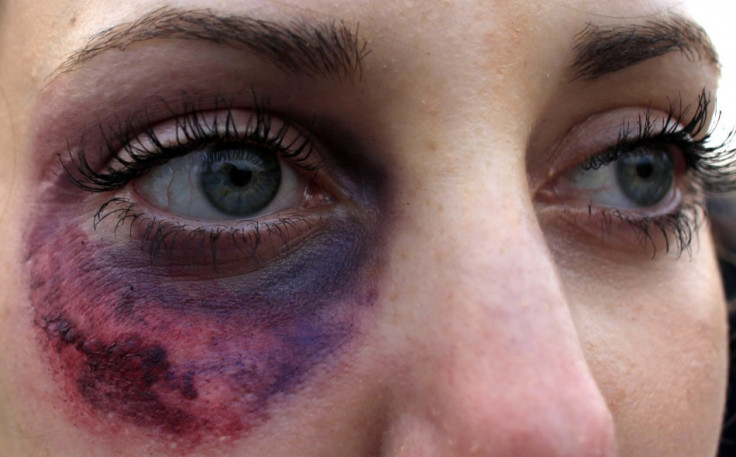Fifty Shades of Grey 'Glamorises and Romanticises Domestic Abuse'

E.L. James' best-selling erotic novel Fifty Shades of Grey romanticises and normalises violence against women, with the female protagonist displaying behaviour consistent with that of a domestic abuse victim.
Amy Bonomi, Nicole Walton and Lauren Altenburger, from Ohio State University, Columbus, found that Anastasia Steele and Christian Grey's interactions are emotionally abusive, with characteristics of their relationship including stalking, intimidation and isolation.
Writing in the Journal of Women's Health, the researchers compared the behaviours of the couple with definitions of intimate partner violence and reactions known to occur in abused women set out by the Centres for Disease Control and Prevention.
Around one in four women become victims of domestic abuse during their lifetime, with many of these suffering violence a number of occasions. On average, two women are killed by a current or former male partner every week.
In Fifty Shades of Grey, Steele suffers reactions consistent with those of a domestic abuse victim - the authors say she feels a constant sense of threat and loss of self-identity. She changes her behaviours to keep her relationship peaceful, withholding information about her whereabouts to avoid Christian's anger.
Steele becomes disempowered and trapped in the relationship as her reactions to Christian's abusive patterns become more and more mechanical, the authors note.
Sexual violence also permeates the novel, with alcohol used to impair Anastasia's consent.

Bonomi said: "This book is perpetuating dangerous abuse standards and yet it's being cast as this romantic, erotic book for women. The erotic content could have been accomplished without the theme of abuse."
Susan G Kornstein, editor-in-chief of the Journal of Women's Heatlh, added: "We must be attuned to the way women are treated in books and movies, as such popular culture can perpetuate dangerous violence standards toward women."
Fifty Shades of Grey is the fastest-selling paperback of all-time, with the trilogy selling over 70m copies last year. A film version of the book is currently being made, with director Sam Taylor-Wood at the helm of the project.
The novels have been criticised for their themes of domestic abuse in the past. In August last year, Clare Phillipson, director of domestic abuse charity Wearside Women in Need, told the Guardian: "It really is about a domestic violence perpetrator, taking someone who is less powerful, inexperienced, not entirely confident about the area of life she is being led into, and then spinning her a yarn.
"Then he starts doing absolutely horrific sexual things to her ... He gradually moves her boundaries, normalising the violence against her. It's the whole mythology that women want to be hurt."
Publishers defended the title, saying all the sex in the novel is "entirely consensual" between two "willing adult participants".
© Copyright IBTimes 2025. All rights reserved.






















